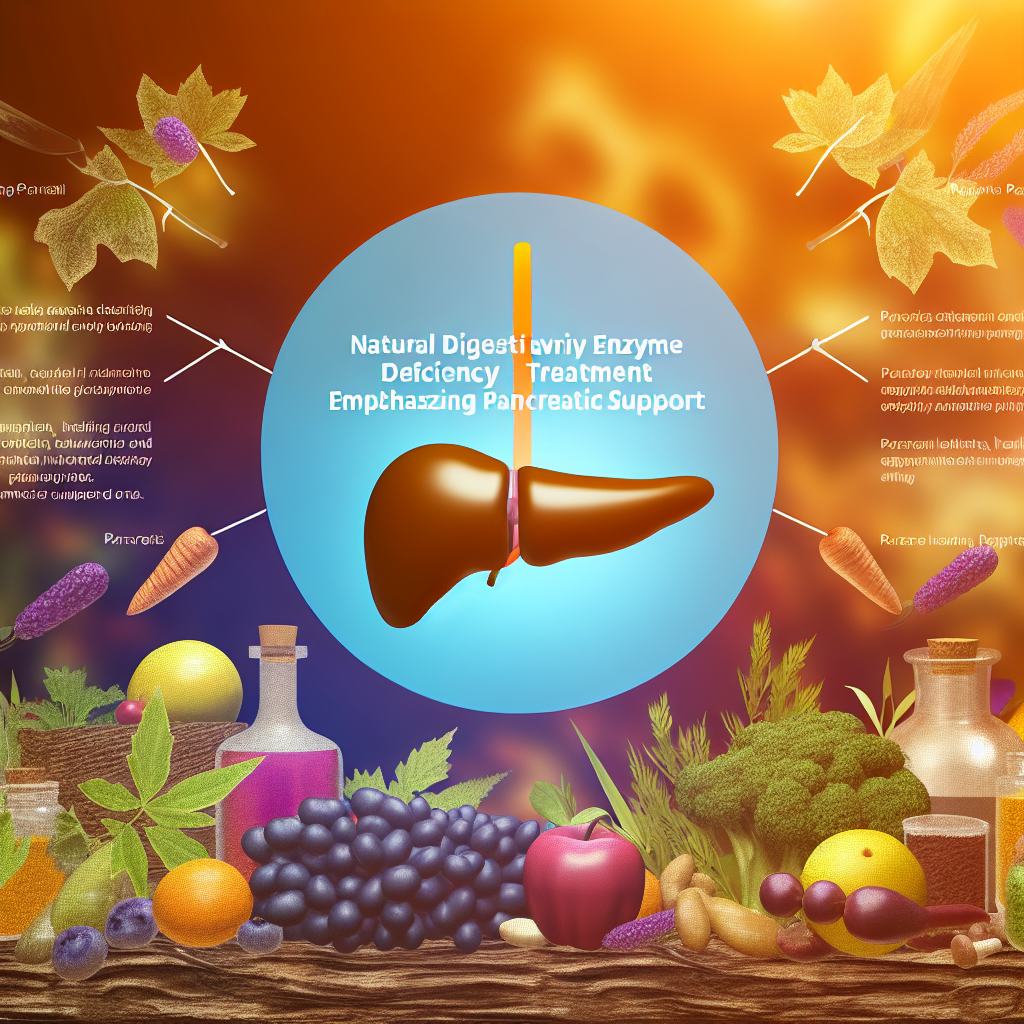Understanding the Gut Microbiome
The human body is home to a vast and diverse community of microorganisms, collectively known as the gut microbiome. These trillions of bacteria, fungi, and other microbes play an indispensable role in regulating digestion, boosting immunity, synthesizing essential vitamins, and even influencing mental health through the gut-brain axis. Yet, maintaining a healthy microbiome requires more than just understanding its importance—it demands proactive dietary choices.
Diversity and Balance in Gut Health
Your gut microbiome thrives on diversity and balance. A rich, varied diet supplies the fibers and nutrients that beneficial bacteria need to flourish. Meanwhile, avoiding harmful dietary patterns can prevent dysbiosis, a microbial imbalance linked to inflammation, digestive disorders, and chronic diseases such as diabetes and obesity.
Scientific Approach to Gut Health
In this article, we explore the scientific foundation behind gut health and food. With a focus on the latest medical research, we’ll highlight the best foods for supporting gut bacteria, discuss the negative effects of certain dietary choices, and provide actionable tips for building a microbiome-friendly lifestyle.
Understanding Prebiotics and Their Impact
Prebiotics, the indigestible fibers that feed beneficial gut bacteria, are critical for maintaining microbiome balance. Studies have shown that diets rich in prebiotics support the production of short-chain fatty acids (SCFAs), which enhance gut lining integrity, regulate immune responses, and even help prevent colorectal cancer (Louis & Flint, 2017).
Essential Prebiotic Food Sources
Incorporating a wide variety of prebiotic-rich foods ensures diverse microbial growth. Examples include:
Fruits and Vegetables: Apples, artichokes, onions, and garlic contain inulin, a fiber that promotes SCFA production.
Whole Grains: Barley and oats provide beta-glucan, another prebiotic fiber beneficial for gut health.
Nuts and Seeds: Flaxseeds and almonds are not only prebiotic-rich but also packed with essential fatty acids.
Including these foods in your daily diet can significantly improve gut function and overall well-being.
Understanding Probiotics and Their Benefits
Probiotics are live microorganisms that provide health benefits when consumed. They can restore microbial diversity after disruptions caused by antibiotics or illness and have been shown to reduce symptoms of irritable bowel syndrome (IBS) and inflammatory bowel disease (IBD) (Sanders et al., 2018).
Essential Probiotic Food Sources
Yogurt: A classic source of probiotics, particularly strains like Lactobacillus acidophilus and Bifidobacterium bifidum.
Kombucha: This fermented tea contains not only probiotics but also antioxidants that support gut and liver health.
Kimchi and Sauerkraut: Both are rich in live cultures and add unique flavors to meals.
Tempeh: A fermented soy product, ideal for those seeking plant-based probiotics.
For individuals with digestive concerns, probiotic supplements may also offer targeted benefits, but consultation with a healthcare provider is advised for personalized recommendations.
Foods That Harm Gut Health
While adding prebiotic and probiotic-rich foods can enhance gut health, certain dietary choices can disrupt the microbiome:
Processed Foods: High in refined sugars and low in fiber, processed foods encourage the growth of harmful bacteria.
Artificial Sweeteners: Compounds like sucralose and saccharin have been shown to alter the microbiome, impairing glucose metabolism (Suez et al., 2014).
Excessive Alcohol: Chronic alcohol consumption reduces microbial diversity and damages the gut lining.
Moderation is essential, as these foods in excess can contribute to inflammation, digestive disorders, and systemic health issues.
Creating a Gut-Healthy Lifestyle
Diversify Your Plate: Aim for a colorful variety of fruits, vegetables, and grains to nourish a wide array of beneficial bacteria.
Include Fermented Foods Daily: From kefir to miso, these foods are an easy and delicious way to add probiotics to your diet.
Stay Active: Exercise has been linked to increased microbial diversity, further supporting gut health.
Stay Hydrated: Adequate water intake aids digestion and promotes healthy bacterial activity.
Final Thoughts on Gut Health
Your gut microbiome is a cornerstone of your overall health, intricately linked to diet, lifestyle, and long-term well-being. By embracing prebiotics, probiotics, and a diverse, plant-rich diet, you can foster a thriving gut ecosystem that supports digestion, immunity, and mental clarity. Small, consistent changes can yield profound benefits, making your gut health journey as enjoyable as it is impactful.
As always, consult with a healthcare professional or dietitian for personalized dietary advice. For further information, the references below provide detailed insights into the science of gut health and diet.
References
Louis, P., & Flint, H. J. (2017). Formation of propionate and butyrate by the human colonic microbiota. Environmental Microbiology, 19(1), 29–41.
Sanders, M. E., et al. (2018). Probiotics and prebiotics in intestinal health and disease: From biology to the clinic. Nature Reviews Gastroenterology & Hepatology, 15(10), 605–616.
Suez, J., et al. (2014). Artificial sweeteners induce glucose intolerance by altering the gut microbiota. Nature, 514(7521), 181–186.





